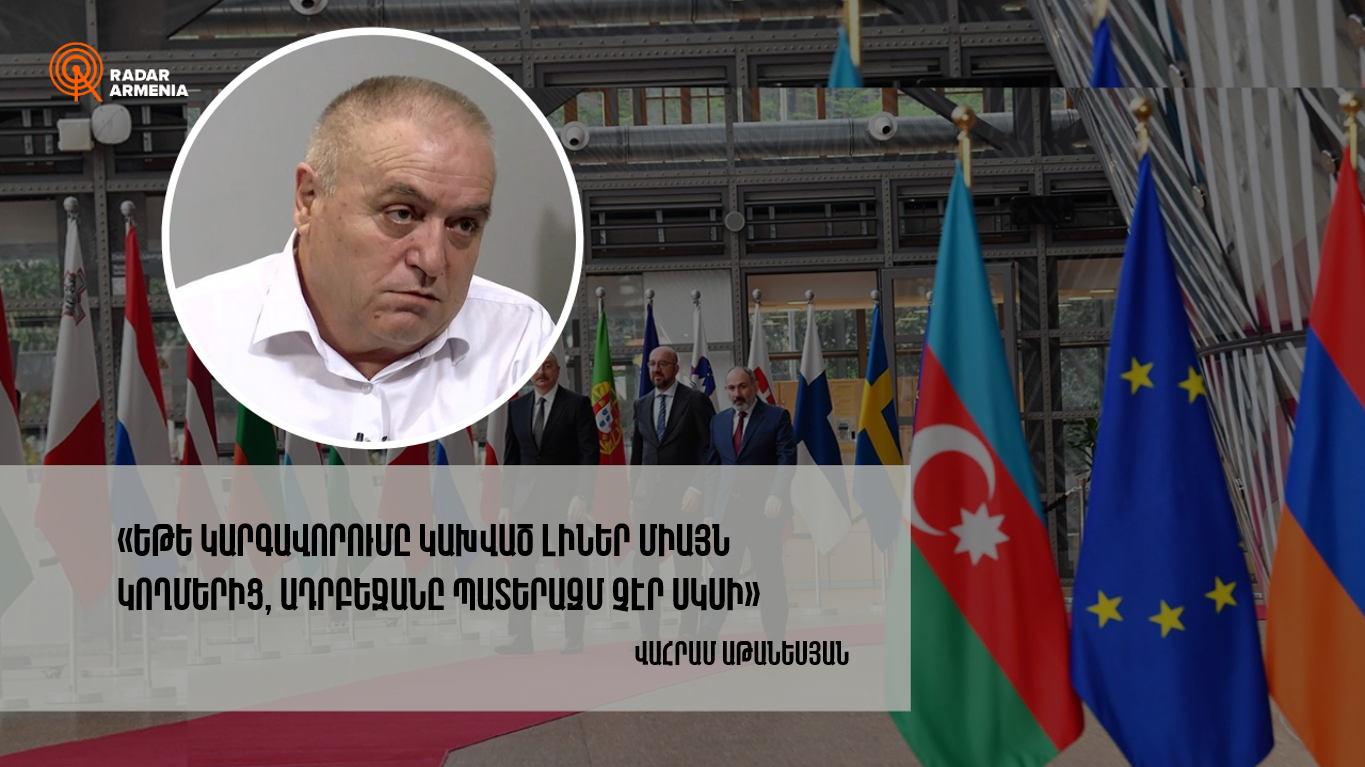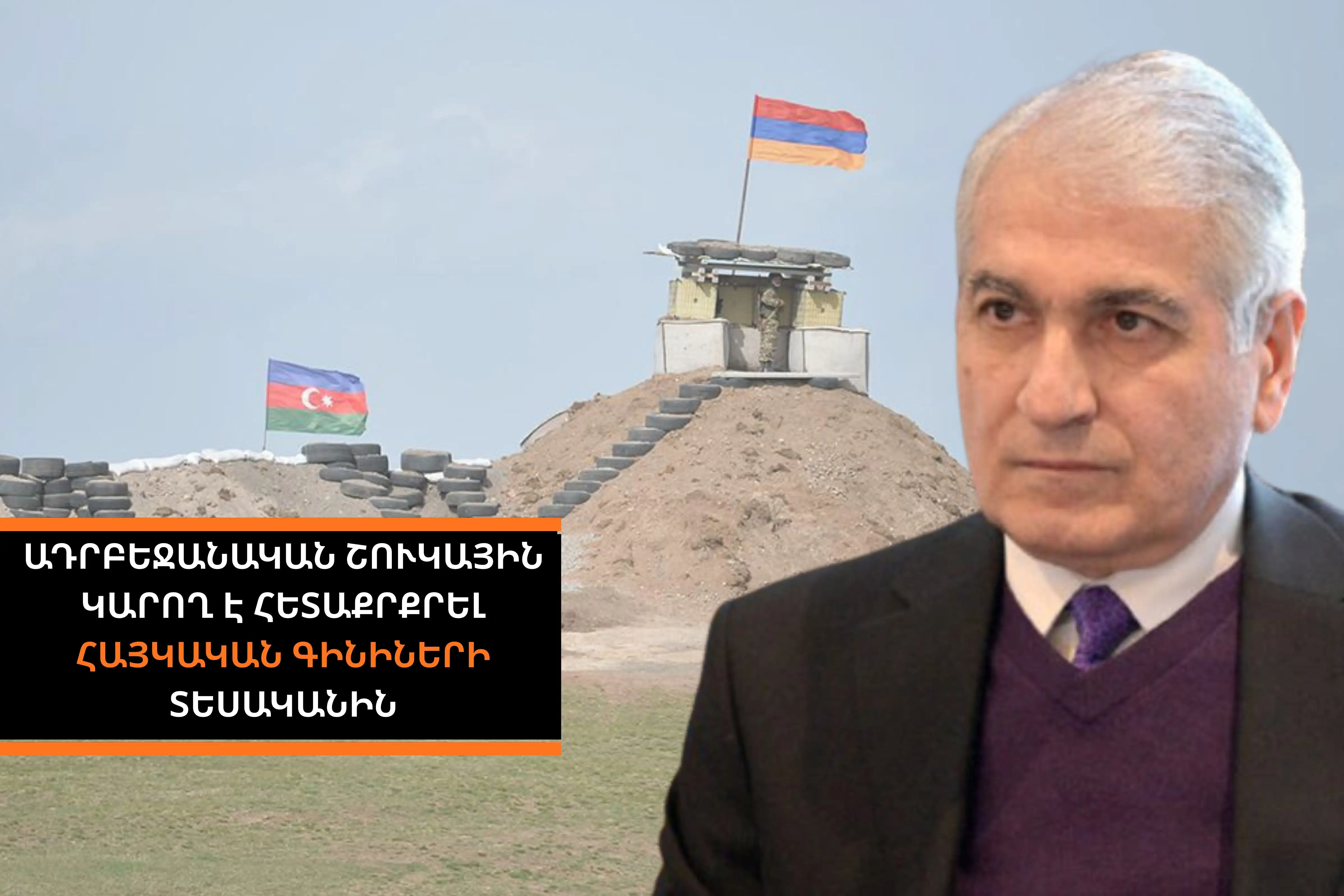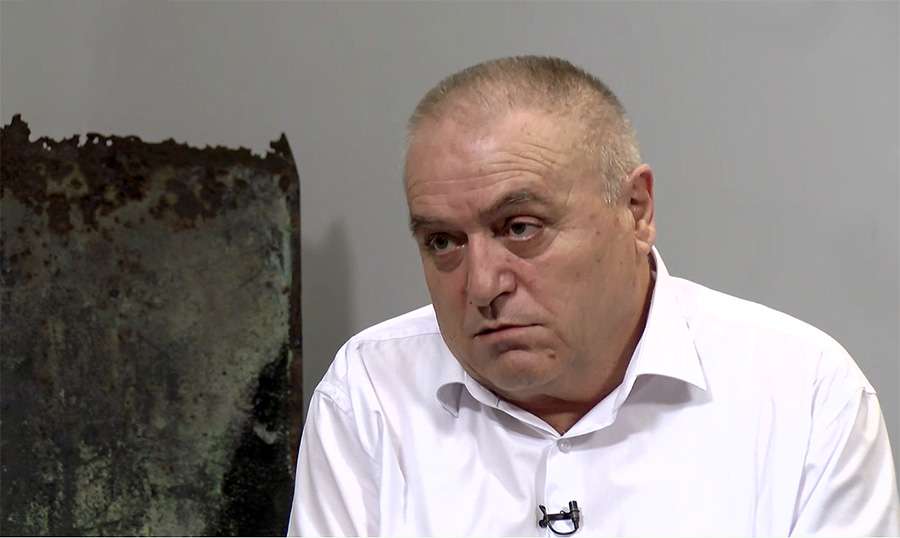Radar Armenia's interlocutor is Vahram Atanesyan, a former member of the Central Committee of Armenia and Nagorno-Karabakh National Assembly.
- On the one hand, the Russian-Ukrainian war has gained new momentum; on the other hand, the Iran-Israel conflict has escalated, and there is an election situation in the USA. What impact do these processes have on our region?
- The Russian-Ukrainian war and the Iran-Israel tension are not comparable. Maybe this is why Russia seeks to deepen military cooperation with Iran. If the US manages to keep the Israeli-Iranian tension under control, the risks around the South Caucasus will not increase.
- Does the process of regulating Armenian-Azerbaijani relations depend on the factors mentioned above, or does it solely rely on the desires of Azerbaijan and Armenia?
- If the Armenian-Azerbaijani settlement depended only on the parties, Azerbaijan would not have started a war.
- Do you see risks and problems that the issue of de-blockade was left out of the Armenian-Azerbaijani peace treaty, leaving it for further discussions? Doesn't this mean that even after the signing of the agreement, the issues are not resolved, and the issue of de-blockade will one day become a tool in the hands of Azerbaijan?
- From the very beginning, I thought that it was impossible to sign an Armenian-Azerbaijani package agreement. Accordingly, the parties should agree on a framework document on the principles of relations, which will undergo parliamentary ratification and enter into legal force. Other issues are subject to separate contractual settlement.
- Azerbaijan still demands to change the Constitution of Armenia. In your opinion, what should Armenia do so that Azerbaijan does not put forward any more preconditions and goes on the path of peace?
- Armenia should announce that it will not make a constitutional change in the sense Azerbaijan insists.
Hayk Magoyan


















